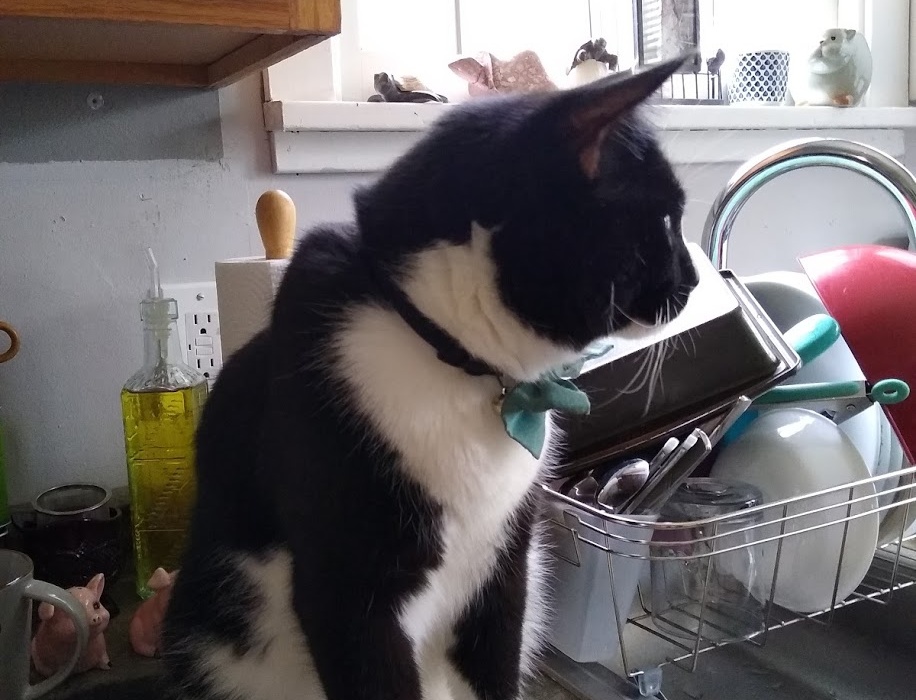
My husband and I talk a lot about poetry. What it is, what it should do, how it should feel. He’s a lyricist–a singer/songwriter, as they say–and I am very much not that. His poetry never comes without a song; I don’t think my poetry is well suited to songs, at least not the kind of songs you hear on the radio. Maybe some 19th-century art songs.
It’s interesting how, despite the different forms our respective poetry takes, Zac and I find a lot of common ground when we consider its purpose, and what makes it more or less effective. The biggest thing we disagree on is whether it’s a good stylistic move to rhyme a word with its homophone (I think it isn’t. Feel free to argue).
In one of our more recent conversations, we both lamented the tragic way poetry is handled by many grade-school teachers, who perhaps have never written a poem in their life and are now expected to impart poetry’s essence to a group of third graders. I remember growing up thinking poetry was meant to be sappy or sad, or preachy, or hilarious and rhyme-y. There was no room in my conception of poetry for subtlety, for suggestion. A poem’s purpose was to have a purpose and make it painfully obvious to the reader.
I hated that about poetry, so I never voluntarily wrote any until high school, when I read some Billy Collins and realized poetry could be meaningful and unobtrusive, and surprising and confusing. It wasn’t about controlling the reader. It was about inviting them into your train of thought and letting them get off at the station of their choice.
Zac had a similar experience. He found it frustrating that his teachers would encourage students to write “about anything,” like simply describing an object could make a poem worth reading. “No one wants to read a poem about washing the dishes,” he said.
And I thought he was right, but also wrong. What if the dishes were just the train, but poem’s destination was really something almost unrelated?
So, to Zac: here’s a poem about washing the dishes.
When the Teacher Says Anything can be a Poem
This is a poem just for you
and you already know what it’s about.
No need for any long-winded effusions,
any grotesquely determined imagery
strung heavily with pearls of soap
and perfumed with lemon verbena,
or whatever that smell is.
You don’t need words to tell you what to smell,
or how to feel the bristles scraping,
an extension of your water-spritzed hand,
its length providing some protection
from day-old crusts of egg,
a smear of peanut butter on a knife,
the gristle of bacon seared onto a pan,
so salty the air can still taste it.
The act itself is enough,
mundane repetitions soaked into your shirt.
You’ll do this a million times, probably,
every time, water erasing the memory
washing it down the drain with all the other
unremarkable leftovers of life.
It’s as though
these plates have never been used.


No comments:
Post a Comment